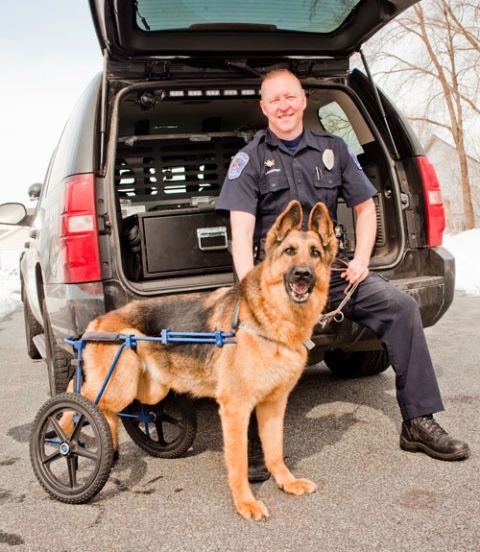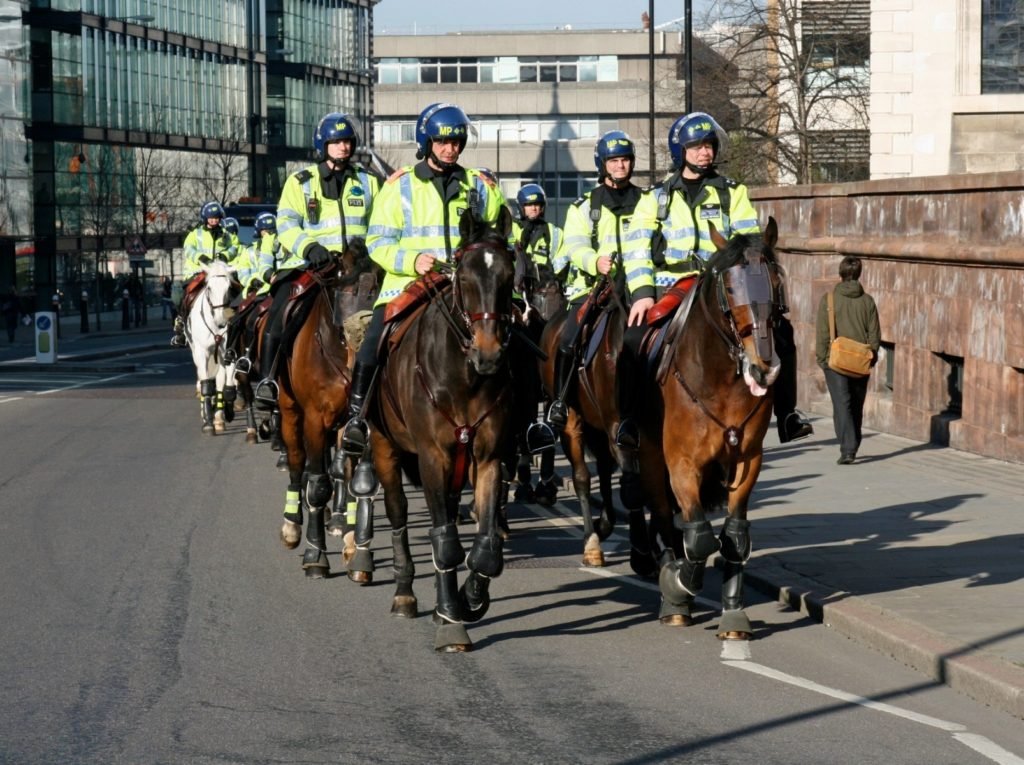Finn’s law came into force in June, 2019

Why did it take so long to protect UK police dogs and horses with Finn’s Law.
Until recently police dogs and horses have always been treated just as a piece of police equipment or property. Countries have been extremely slow at recognising the need to protect them and it has often taken too many tragic incidents and thwarted campaigns to force lawmakers to do so. The UK, the great nation of animal lovers, has followed its usual path in lagging behind other countries in protecting service animals and like most countries has only done it through public pressure.
New Zealand has protected its police dogs since 2008 with the Policing Act 2008 (Killing or injuring Police Dogs) and has recently increased the punishment under the Policing (Killing a Police Dog) Amendment Bill 2016 to 5 years in line with many other countries and 2 years for injuring a dog plus a NZ$15,000 fine.
The USA has had protection in place since 2000 under the Federal Law Enforcement Animal Protection Act with up to 10 years in prison and a $1000 fine for assaulting, maiming or killing federal law enforcement dogs and horses following many attacks on them and drug dealers putting bounties on narcotics sniffer dogs, but State laws vary.
Police dog handlers have to fight for the rights of their dogs.

On the 12th. November, 2010 in Roseville, Minnesota, USA, Officer John Jorgensen sent his police dog Major into a wooded area to chase after intruders and within minutes he found Major covered in blood and rushed him to the vet where he was found to have suffered four stab wounds puncturing the lung and damaging the spinal cord resulting in permanent paralysis of his hind legs. Although it was a felony to kill a state police dog, assaulting one was treated at the time as a mere misdemeanour so the attacker only served 4 months. The officer was so appalled at the lack of protection of his partner that he began a campaign for more stringent laws in the State which he succeeded in.
In August 2013 in Adelaide, South Australia a police dog named Koda was stabbed in the chest in the line of duty when he caught up with a knife-wielding man following a burglary. He was stabbed in the chest causing a 8 c.m.-deep wound and was rushed to a vet where he underwent emergency surgery and survived. The incident was greeted with public outrage as no law existed to prosecute the offender and following a campaign a new law, known as “Koda’s Law” was introduced.

On the 5th. October, 2016 in Stevenage, Hertfordshire, UK a 16-year-old boy stabbed a police dog named Finn in the chest and head causing life threatening injuries, but he survived following surgery and weeks of treatment. It sparked outrage and there was a campaign, including a website and Facebook page for Finn, involving his handler PC Wardell to enact a law to protect them , something that should have been included under the Animal Welfare Act back in 2006 but was either overlooked or not felt necessary.
UK Government slow to introduce Finn’s Law and come to the rescue of police dogs and horses.
A petition was launched which stated “I propose that UK police dogs and horses be given protection that reflects their status if assaulted in the line of duty. This would be similar to the US Federal Law Enforcement Animal Protection”, but prior to the petition being debated the Government responded by saying “It is unnecessary to give police animals the same legal status as officers in light of the penalties already in place”. This was not helped by a delay caused by Sir Christopher Chope MP who unbelievably objected to the new proposed law. Such is the UK’s commitment to animal welfare.
Despite this a new amendment, the Animal Welfare (Service Animals) Amendment, to the Animal Welfare Act, which has been dubbed “Finn’s law,” was finally debated by the Lords and came into force on 7th. June 2019. It is obviously better late than never but it seems sad that we haven’t found it necessary to help our police dogs and horses much sooner.
Is it time to reduce the usage of animals on front line duties?
Having such a law is obviously to be applauded, but it is not unfortunately going to solve the problem of attacks on police animals in the future and brings into focus the danger we put these animals in on our behalf. It raises the question of whther it is ethically and morally fair to intentionally put animals in harms way in the first place? Would it not be better to restrict them to ceremonial use or purely as “search” and “sniffer” dogs who appear to have a fun time at work.
Updated June 2020
